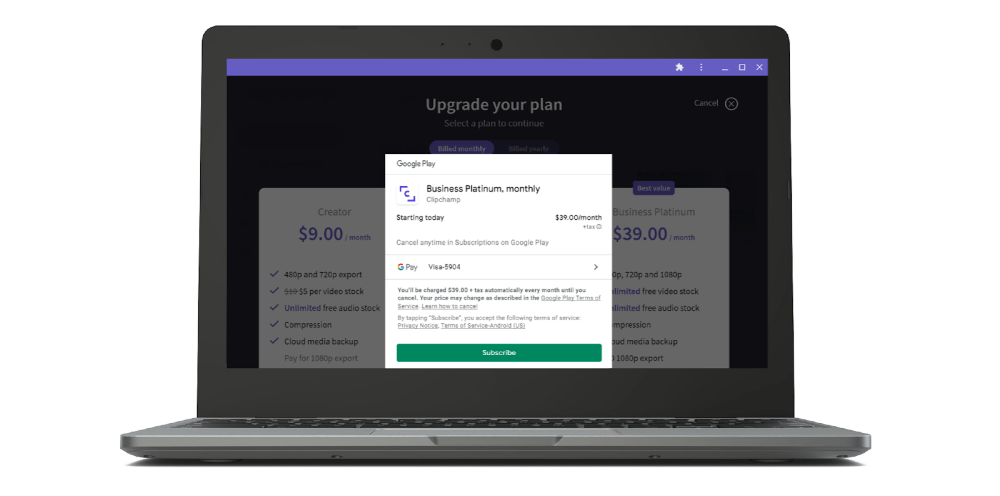
Google today virtually kicked off Chrome Dev Summit 2020 with a recap of the past year in browser developments, and a look toward what’s coming next.
The Chrome team had three tentpoles this year, starting with “rethinking how we can deliver a safe and secure web.” Work in this area is focused on the Privacy Sandbox, an initiative to build a more private web through open standards.
Google wants to create more privacy-conscious alternatives to today’s tracking methods. It was announced at the start of 2020 that Chrome would eventually phase out support for third-party cookies. The latest update was in October where the company continued to encourage web developers to provide feedback on the proposals:
Our Client Hints API was our first step to reduce User-Agent string granularity, and we’re excited to share two new solutions for you to experiment with via our current Chrome stable release. Click Conversion Measurement API measures ad conversions without using cross-site identifiers and Trust Token APIs help convey trust from one context to another without passive tracking.
The other big privacy area is extensions, and Google provided an update on Manifest V3 today.
Next up is “adding the capabilities you need to build powerful, rich, and diverse applications.” Google continues to want to make Progressive Web Apps as powerful as their native counterparts. PWAs are already listed in the Play Store, and will soon be able to access the same payments system for subscriptions and IAPs through the Digital Goods API. Other work this year was on the File System Access APIs to allows apps to read and write documents.

Chrome 87 last month introduced significant speed improvements that help increase battery life. It’s part of Google “optimizing for performance, for users and developers alike.” At Chrome Dev Summit 2020, Google announced that it reduced the memory footprint with V8:
Apart from making great strides in memory savings through V8 pointer compression, we’ve eliminated parsing pauses entirely by loading a webpage’s JavaScript files in parallel, so scripts can be parsed and compiled and ready to execute as soon as they’re needed by the page.
Another big part of performance this year is quantifying how end users experience the web. Used for Search ranking, Core Web Vitals are now part of various Google tools from Search Console to the Chrome User Experience Report.
The 2020 Chrome Dev Summit is under way right now and runs until tomorrow.
Author: Abner Li
Source: 9TO5Google



